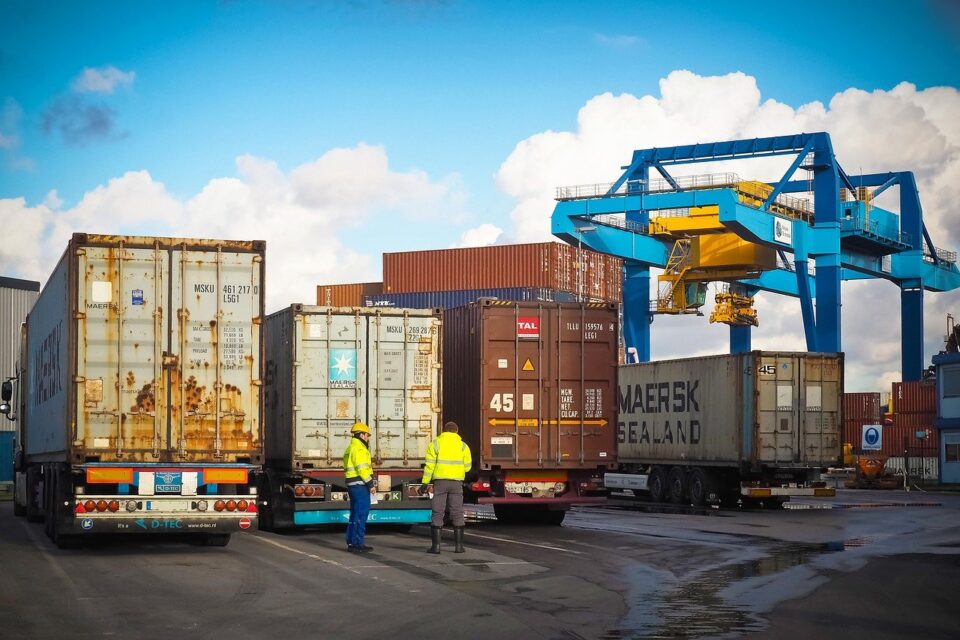If you are contemplating exporting or importing goods, you will probably have compared which is easier. And you have most likely come to the sensible conclusion of, it depends. That may be a cop-out but it’s the truth. It all depends on the nation you are exporting to or importing from.
It also matters what type of business you are, what kinds of products you are selling or buying, and the business you are doing business with. It’s not a giant maze, we promise. The key is to consider what kind of challenges you face, industry-wise.
This is where the majority of the issues are, as regulations for importing and exporting apply to every industry pretty similarly around the world thanks to international trading bodies. But here is a list of things to consider anyway.
Rules of origin
This is a complex issue that has got many people twisted into knots because they didn’t realize how intricate it is. The rules of origin are where you declare the things that make your product what it is and where you as a company have produced it. For example, if you make an exercise machine in the UK and you want to export it to Spain then you need to declare a few things.
- Where was the material bought from or produced? Are you using British steel or is it Australian? Certain taxes will apply for certain types of steel grade, origin, and amount.
- Where is it going to be transported from? If there is an issue with the product upon arrival, there must be a way to contact the brand and speak with the warehouse that it was transported from.
- Where is the business based? It’s in the UK but where exactly? This is so it can be located by officials in the British government should a complaint arise due to injury or death by the product.
- Where is it going? Spain will have different tax laws for different regions, so exactly which part of the country the product is going to is also important information to be disclosed.
As you can see, companies can easily fail to realize how complex the rules of origin declaration are. Always have the right paperwork for the products you are importing or exporting. It’s your responsibility to declare to customs, not your supplier.
Smooth passage
When your imports or exports arrive at customs barriers, you will need to produce paperwork and if all is well, you will be let through. But this takes time, it’s much better if you have TRUST certified for customs brokerage to do the work for you.
They will let the customs entities at the border know who you are, what kind of product to expect as well as forward the relevant paperwork before arrival. This is done electronically and is satisfactory to the needs of the customs officers.
So why not do this yourself?
Well, laws and regulations change all the time. The brokerage stays on top of the changes and the paperwork is kept relevant and updated so you don’t have to worry about anything. They will take care of the complex details and allow for a smooth passage.
Cargo problems
Cargo concerns affect both imports and exports but arguably, they will affect you more if you are an exporter. Payment is not made upon purchase, it is usually made on delivery. So if you had cargo that was stuck on the giant cargo ship that blocked the Suez Canal, then you will have losts a lot of your profit margin. Whereas the importer will have not taken such a huge hit and could have diverted to another supplier in the meantime.
It turns out that the biggest headache is caused by something we can’t control. The weather. The thing that is really making it difficult for cargo ship crews to get to their ports on time is the rough seas. Less and less predictable weather patterns mean that more fuel is used on each journey, it takes longer to get anywhere and crews can be demoralized if not properly compensated. So it’s always a good idea to work with a shipping company that has a lot of different routes, experienced crews, and state-of-the-art ships.
Imports have their own issues but it’s arguably less of a headache than exporting. You are doing the majority of the lifting when it comes to the latter. Yet, imports will require you to confirm the rules of origin as this is sometimes more your responsibility than the supplier.
